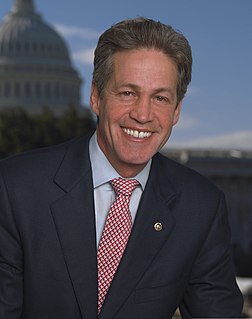A Quote by Michael N. Castle
During the days of segregation, there was not a place of higher learning for African Americans. They were simply not welcome in many of the traditional schools. And from this backward policy grew the network of historical black colleges and universities.
Related Quotes
Fifty years ago, great schools like the University of California and the City University of New York - as well as many state colleges - were tuition free. Today college is unaffordable for many working class families. For the sake of our economy and millions of Americans, we must make higher education more affordable.
We have to make sure that college is accessible and affordable. Two years ago, I stood here and called upon our institutions of higher learning to develop plans for degrees that cost no more than $10,000. There were plenty of detractors at that time who insisted it couldn't be done. However, that call inspired educators at colleges and universities across our state to step up to the plate. Today, I'm proud to tell you that thirteen Texas universities have announced plans for a $10,000 degree.
I grew up in Orangeburg, South Carolina, which has the proud distinction of being the home to two of the eight Historically Black Colleges and Universities in the state: South Carolina State University and Claflin University. When I was a kid riding around town with my grandfather, we often drove by the colleges.
Take crack cocaine. Particularly in the early days of the policy, ninety percent of the people being arrested were black, even though they didn't use the drug at higher rates and even though their numbers in the general population are so low. How could that be? The thing is, you place all your resources in communities of color. And if you do that, you're going to arrest black people.
One consequence of racism and segregation is that many American whites know little or nothing about the daily lives of African Americans. Black America's least-understood communities are those poor, hyper-segregated places we once called ghettos. These neighborhoods are not far away, but they might as well be on the moon.
We are moving in exactly the wrong direction in higher education. Forty years ago, tuition in some of the great American public universities and colleges was virtually free. Today, the cost is unaffordable for many working class families. Higher education must be a right for all - not just wealthy families.
The problem with much of the debate over this issue is that we confuse two separate matters: immigration policy (how many people we admit) and immigrant policy (how we treat people who are already here). What our nation needs is a pro-immigrant policy of low immigration. A pro-immigrant policy of low immigration can reconcile America's traditional welcome for newcomers with the troubling consequences of today's mass immigration. It would enable us to be faithful and wise stewards of America's interests while also showing immigrants the respect they deserve as future Americans.































